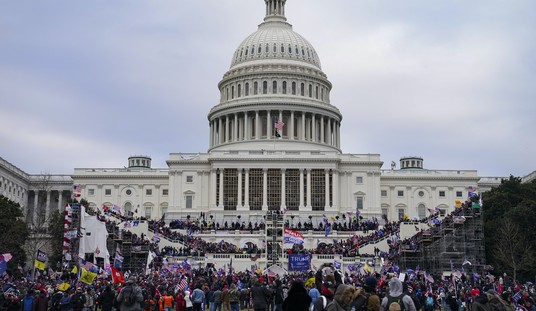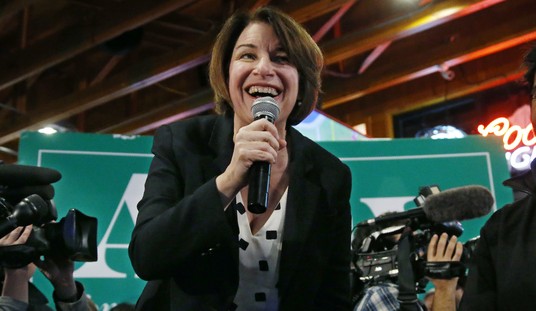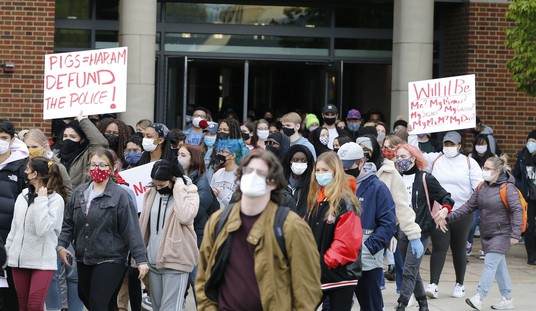Everyone who travels regularly knows the pain of trying to get good Internet in a hotel or event. Hotel wireless is an overpriced hassle that filters connections and throttles speeds. But with near-ubiquitous LTE these days, just using your own connection seems like the way to go.
Hotels who liked selling that overpriced hassle decided to start blocking those connections, and FCC responded with fines. That’s an easy thing to cheer, but is it an an appropriate thing for FCC to do? FCC Commissioner Michael O’Rielly is taking a stand for smaller government even when it’s the hard thing to do.

O’Reilly’s dissent int he M.C. Dean case is thick on technical details, but that’s the essence of it. This is probably the clearest paragraph in the statement, which hinges on the technical reading of the law that enables the FCC to act:
As a strong supporter of what Wi-Fi can bring to consumers and the marketplace, I am extremely sympathetic to concerns regarding certain operators needlessly interfering with access points. I, however, cannot agree with the expansive reading of the statute contained in this item, especially without the Commission conducting a more thorough review of the issues raised in the earlier proceeding and repeated in the context of this enforcement matter.
Even if we might want government to act (“There oughta be a law!”), that doesn’t mean it’s legal or appropriate for FCC to jump in and take a stand here. The rule of law has to stand for something, and we can’t just expand power at will to suit our momentary needs.
So even as much as I hate Wi-fi hotspot jammers, Commissioner O’Rielly has it right here. We have to do the right thing, not the convenient thing.
Photo by Daiji Hirata on Flickr













Join the conversation as a VIP Member